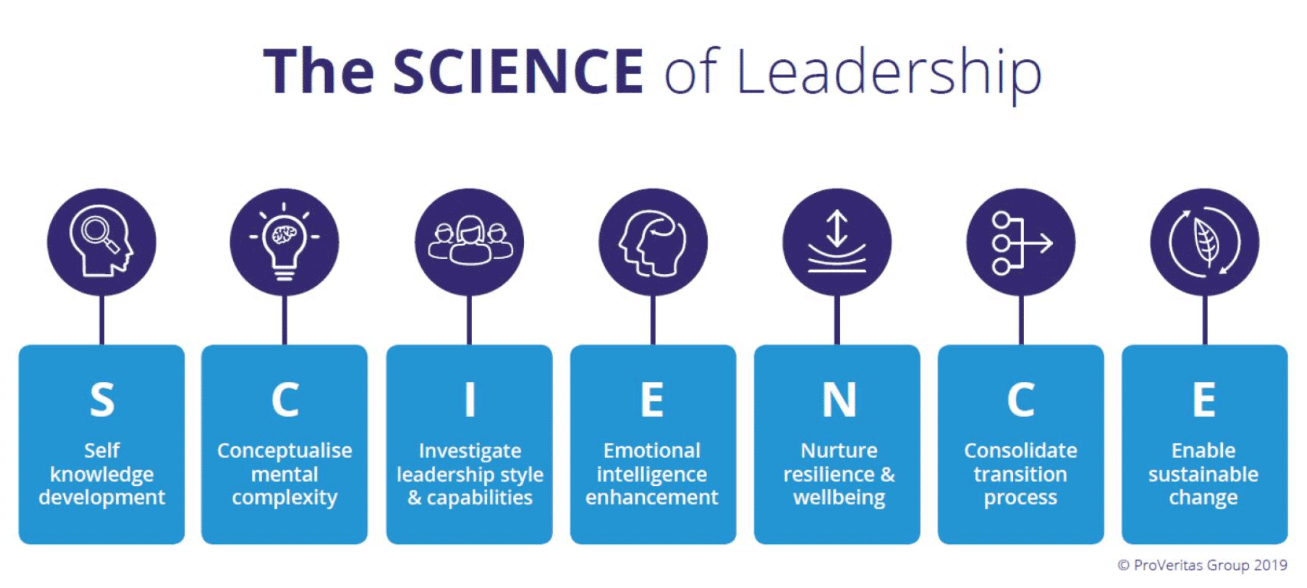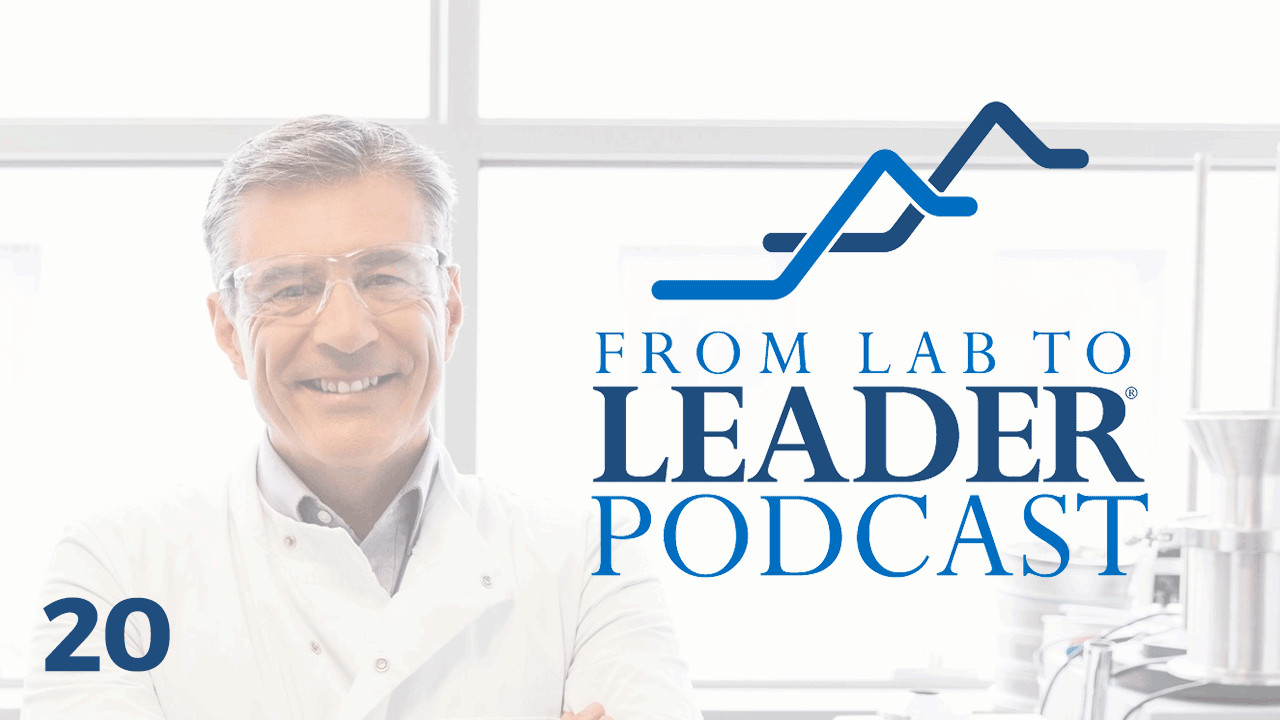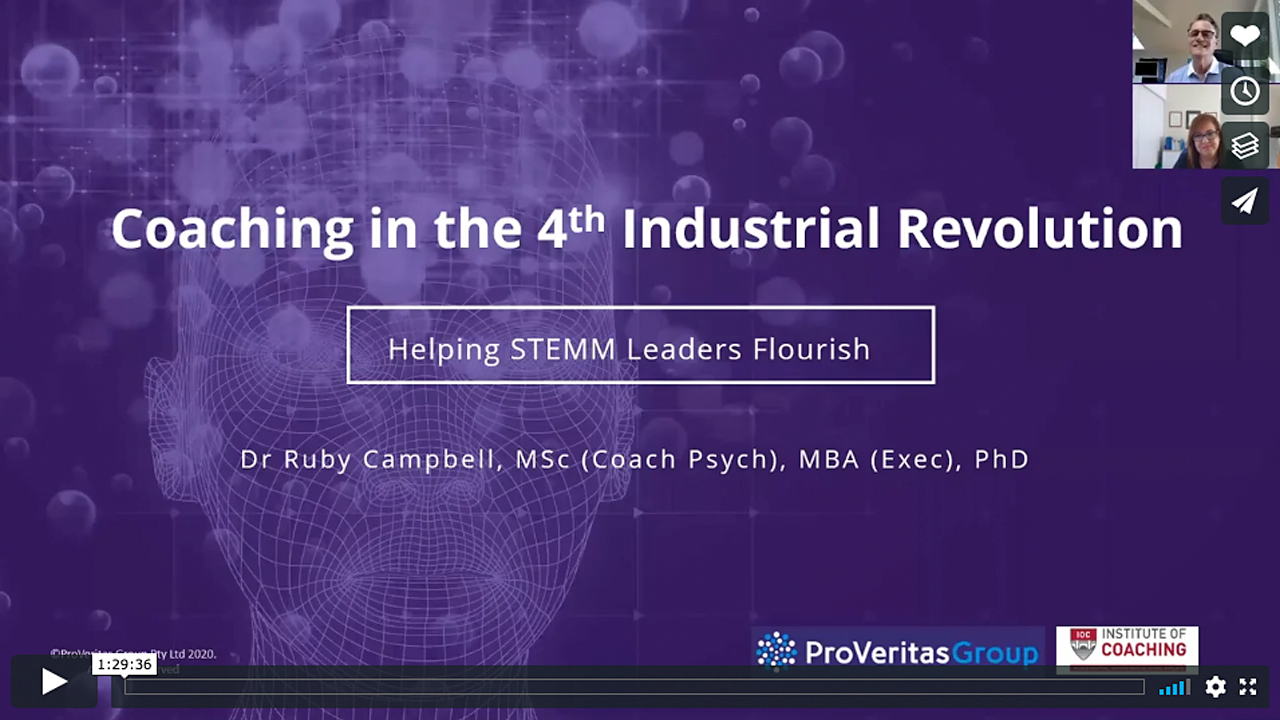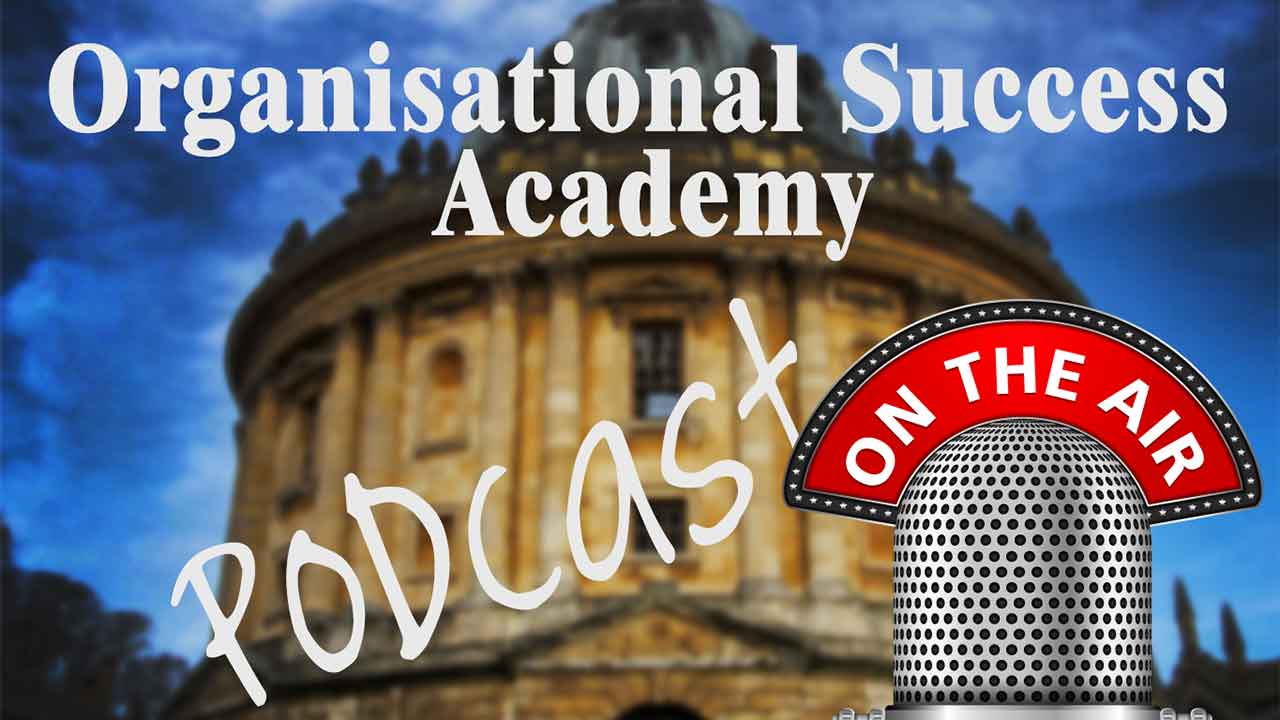Published: Mar 31, 2021
Written by: Dr Ruby Campbell

Miriam was six months into her role of VP of Operations of a Fortune 500 multinational technology company, with responsibility for the whole of Asia Pacific. She had been internally promoted from Director of Engineering for Australia. In her mid-40s, Miriam has a Bachelor of Engineering and an MBA from highly prestigious universities.
As VP of Operations, she seemed to be ill prepared for the faster pace of decision-making at a senior executive level. This was causing conflict with and among her peers and her direct reports, resulting in a negative vicious cycle as her self-confidence plummeted and stress levels sky-rocketed.
Miriam was not only concerned for her career success but was also worried about the impact on her team, which was now larger, multicultural, and dispersed. This was confirmed by a 360-degree feedback exercise, prompting the search for an executive coach to help her with the complexity of transitions.
As we began our coaching journey, it soon became evident that Miriam’s ideas about leadership were more aligned with the command-and-control style of the 20th Century. We would embark on a 12-session program develop the essential leadership capacities and capabilities for the 21st Century. Times had changed since Miriam had been a technical expert leader.
We face many global challenges as we navigate the Fourth Industrial Revolution - the term used by the World Economic Forum to describe the technological advances of the 21st Century.
These include:
These changes are transforming businesses, societies, economies, institutions, industries, and individuals in profound ways. The sense that new technologies are being developed and implemented at an increasingly faster pace is having an impact on human identities, communities, and political structures like never in history.
At an organisational level, leaders are confronted with more unknowns than ever before which may lead to maladaptive (unhealthy/unhelpful) behaviours. For instance, leaders may become more controlling, producing a ripple effect of frustration, employee disengagement and other negative outcomes in the organisation. Unsurprisingly, we have seen the rise of burnout - an occupational phenomenon - among leaders.
It is time for an evidence-based, scientific approach to developing leaders and move away from the old notion that leaders are born. In fact, exceptional leaders are made. In addition, we need to have more cognitively diverse and effective leadership teams to formulate a comprehensive workforce strategy ready to meet the challenges of this new era of accelerating change and innovation.
This evidence-based methodology to developing highly effective leaders is described in detail in the book Scientists in Every Boardroom. It delves into the SCIENCE of Leadership - a coaching framework (see diagram below) to develop and help leaders transition to highly influential, more senior roles.
Notwithstanding the title, Scientists in Every Boardroom is a book for all leaders. This is because the concepts, frameworks and case studies are applicable to ALL leadership transitions, regardless of industry. It covers the essential leadership capabilities required to navigate and succeed in today’s world whilst considering the psychology of transitions i.e., new sociolinguistics, identity, and self-concept. The diagram below summarises the key concepts.

The SCIENCE of Leadership framework consists of 7 coaching modules, each one comprised of learning activities and coaching sessions, as part of a leadership coaching program. The 7 modules are:
Our new reality, the 4th Industrial Revolution, calls for different, evidence-based approaches to developing leaders. The transformation and wellbeing of individuals, organisations, communities, and the world at large depend on it.
We are starting to see massive changes in organisational learning and development (L&D) and in leadership development globally, as described by the Harvard Business Review in 2019. Employee development will likely have the following characteristics, among others, which individual and team coaching provide, often supplemented by workshops and other learning exercises:
We worked together for 12 months, within a safe and confidential coaching relationship that became stronger as time went by. We jointly unpacked unhelpful aspects of her worldview and thinking patterns that were no longer applicable to today’s workplace, and with mindfulness and psychodynamic education we were able to restructure those cognitions that were not serving her, nor her team, well. This was also successfully transferred to her home life, much to her delight. We worked on the 5 components of emotional intelligence (self-awareness, self-regulation, motivation, empathy and social skills) to help her identify at a granular level where she was coming unstuck in her communication.
These learning interventions took several months however, with various feedback systems in place (e.g., trusted team members and peers) she was able to gauge progress in real time and bring it back to the coaching session for further fine tuning.
Another area of focus was expanding her vocabulary and other sociolinguistics elements related to her new executive role, whilst addressing the inner discomfort and anxiety linked to “relinquishing” her identity as the engineering expert. Through various exercises, Miriam was able to reconceptualise her self-concept and reconcile and integrate various aspects of her identity. It was no longer “either or” but rather “and”.
Her resilience and mental strength also improved, evidenced by the positivity emanated during meetings and other interactions. The next 360 survey showed a significant improvement in her ability to communicate with, and influence and lead others. In addition, her APAC team were experiencing much less conflict and collaborated on the delivery of a new product launch, on time and within budget.
What’s next for Miriam? She wants to improve her sense-making capacity and how to orchestrate the communication of complex issues to a wider audience. For this, we will be working on systemic team coaching, whilst we iteratively expand her mental complexity as well as her leadership style and identity (perhaps that of President or CEO of a multinational).
OUR KEY leadership coaching solutions
Emotional Intelligence, visioning, sense-making, inventing and other essential leadership capabilities.
Evidence-based, customised L&D solutions to equip 21st Century leaders achieve business outcomes sustainably.
Helping teams function as more than “the sum of its parts” by learning how to connect and collaborate effectively.
Helping organisations understand, develop and action evidence-based ESG strategies with humanity in mind.
Executive Leadership Media & Podcasts

Podcast: Ruby Campbell’s SCIENCE Coaching Model - Episode 20
LISTEN NOW HERE

Webinar: Dr Ruby Campbell with the IOC McClean Hospital/Harvard Medical School Affiliate on 'Coaching in the 4th Industrial Revolution'. Leadership Coaching has become one of the most effective Learning &...
VIEW VIDEO HERE

Podcast: In this episode from The Oxford Review Podcast, an interview from Dr Ruby Campbell, author of Scientists in Every Boardroom: Harnessing the power of STEMM leaders in an irrational...
LISTEN NOW HERE
Dr Ruby Campbell is the founder and Managing Director of ProVeritas Leadership, and Executive Coaching and Consulting firm. She is also the author of the ground-breaking book Scientists in Every Boardroom: Harnessing the Power of STEMM Leaders in an Irrational World.
MORE ABOUT OUR TEAM
Please complete the enquiry form so we can help you with your growth journey. You will receive an email from us within 24 hours.